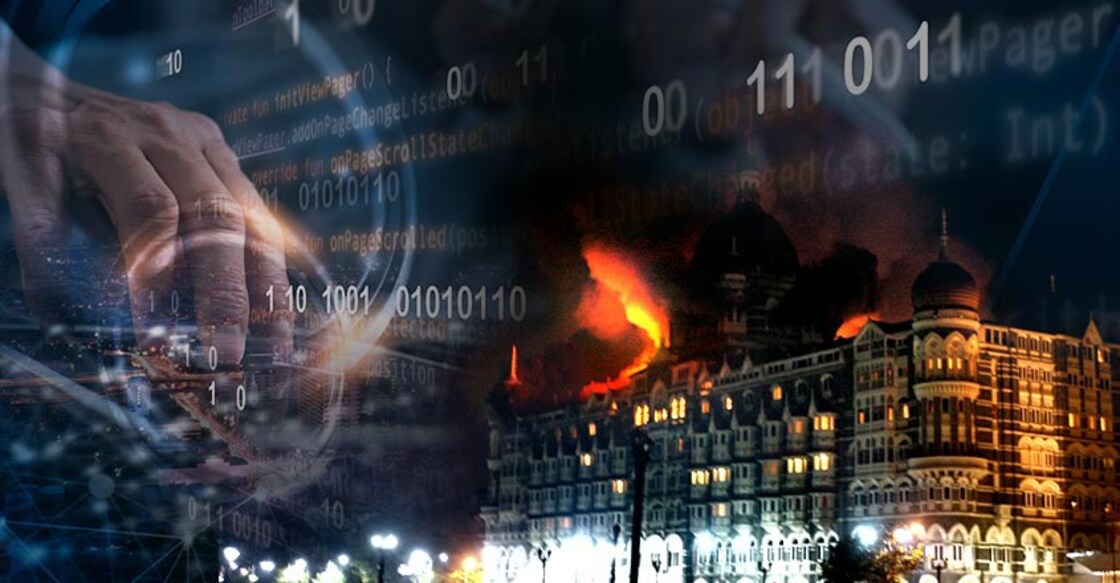10 agencies empowered to track your calls as NATGRID takes shape

Mail This Article
New Delhi: With the ambitious National Intelligence Grid (NATGRID) – a robust intelligence gathering mechanism set up with an aim to avert terror threats - set to be operational by December 31, 2020, the government has vested the power of telephone interception to 10 central agencies including the Central Bureau of Investigation (CBI), the Enforcement Directorate (ED) and the Intelligence Bureau.
The work on the Rs 3,400-crore project, conceived by the then Home Minister P Chidambaram in wake of the 26/11 Mumbai attacks during UPA's second term in the office, was accelerated after Union Home Minister Amit Shah recently reviewed the progress.
The NATGRID will have data related to all immigration entry and exit, banking and financial transactions, credit card purchases, telecom, individual tax payers, air flyers, train travellers beside others to generate intelligence inputs.
Recently, Union Minister of State for Home G Kishan Reddy said that Section 69 of the Information Technology Act, 2000, empowers the central government or a state government to intercept, monitor or decrypt or cause to be intercepted or monitored or decrypted, any information generated, transmitted, received or stored in any computer resource in the interest of the sovereignty or integrity of the country.
"This power of interception is to be executed as per the provisions of law, rules and SoPs. Every such case is approved by the Union Home Secretary in the case of the central government and by the Home Secretary of the state concerned in case of the state government," he said in a written reply to a question.
The competent authority in the central government has authorised 10 agencies for the purpose: the Intelligence Bureau, Central Bureau of Investigation, Enforcement Directorate, Narcotics Control Bureau, Central Board of Direct Taxes, Directorate of Revenue Intelligence, National Investigation Agency, Research and Analysis Wing, Directorate of Signal Intelligence and Delhi Police Commissioner.
The Home Ministry asserted that the power to intercept phones adheres to the provisions of law, rules and standard operating procedures (SoP).
The government was recently rapped after it came to light that messages and calls of some activists and journalists in India shared on the messaging platform WhatsApp has been intercepted using Israeli software Pegasus, allegedly on the behest of the government. The Home Ministry has rubbished these allegations and have sought an explanation from the Facebook-owned company.
Lack of real-time information was one of the biggest hurdles in detecting the US terror suspect David Headley's movement across the country during his multiple visits between 2006 and 2009. Headley had then provided key information and videos of terror targets to Pakistan-based Lashkar-e-Taiba, which carried out the 26/11 attacks that claimed 166 lives.
The data recovery centre of the NATGRID has been constructed in Bengaluru and its headquarters is nearing completion in Delhi.
(With inputs from PTI)

